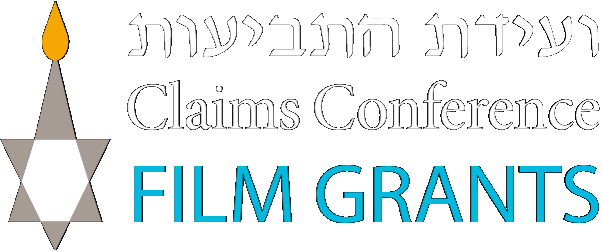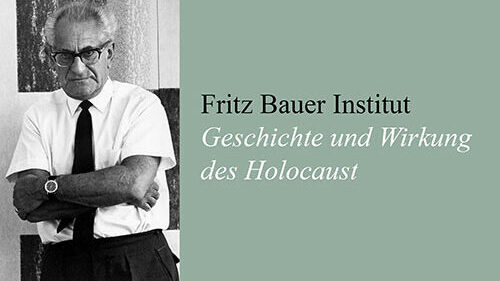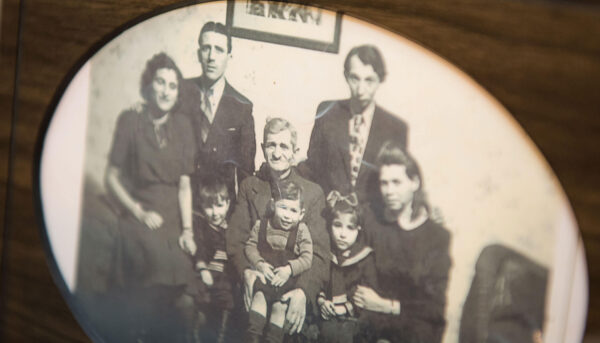
The Claims Conference encourages applicants to be thoughtful in their use of archival material. When reviewing applications, we look at the intent behind the material used and how it’s being employed to serve the story. Therefore, we urge filmmakers to ask themselves the following when considering their approach to archival material:
—Why am I using this piece of archival material?
—How am I contextualizing the archival material?
—Am I using the archival material in a historically accurate way?
Below is a list of resources which you may find helpful.
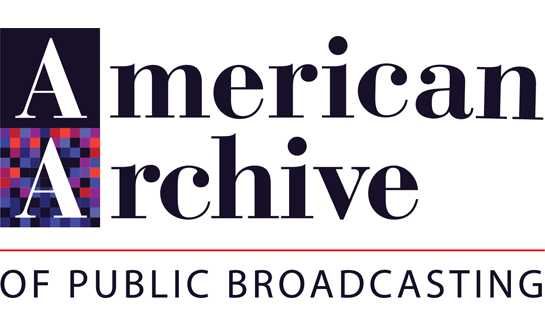
American Archive of Public Broadcasting
The American Archive of Public Broadcasting seeks to preserve and make accessible significant historical content created by public media, and to coordinate a national effort to save at-risk public media before its content is lost to posterity.
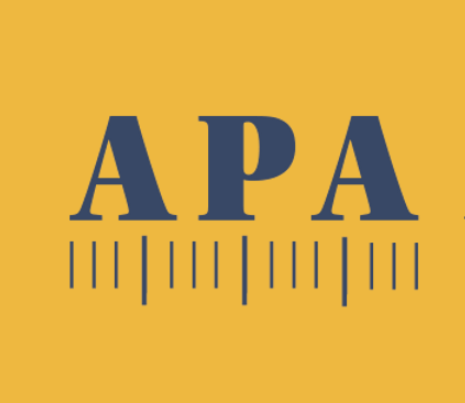
APA Archival Producers Alliance
APA was founded as a way for independent archival producers to come together, create community and develop best practices around their unique role within the film industry. Our group represents more than 100 archival producers – and counting – from across the US. As individuals, our work has appeared on cable, public & network television, streaming platforms, as well as in theaters and festivals around the world.
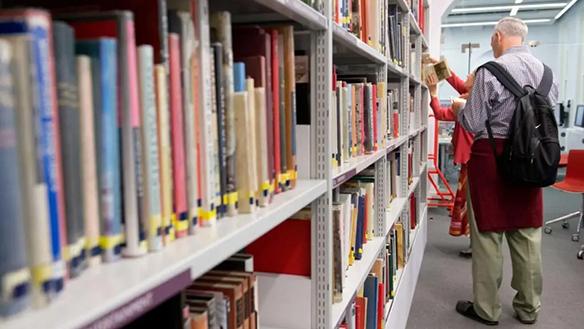
Imperial War Museum’s Research Room
These collections chart the causes, course and consequences of war and conflict in the twentieth and twenty-first centuries in Britain and the Commonwealth, and illustrate personal experiences of those caught up in conflict.
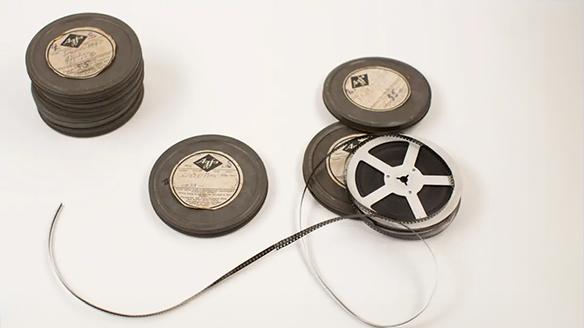
United States Holocaust Memorial Museum
Cinematographie des Holocaust
The Museum’s Steven Spielberg Film and Video Archive is one of the world’s most comprehensive informational and archival resources for moving image materials pertaining to the Holocaust and World War II. Staff continue to locate, acquire, preserve, and document historical film footage from sources throughout the United States and abroad.
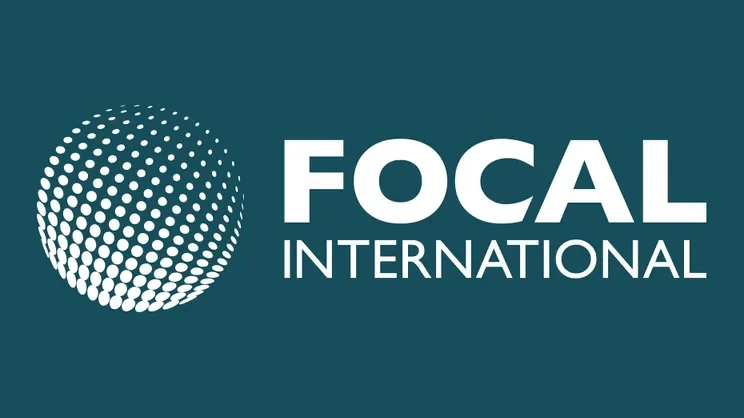
The FOCAL International Awards
The competition is dedicated to the promotion and celebration of archival footage and its contribution to the creative and cultural industries. We are delighted to announce this year’s shortlist in the Production and Restoration & Preservation categories.
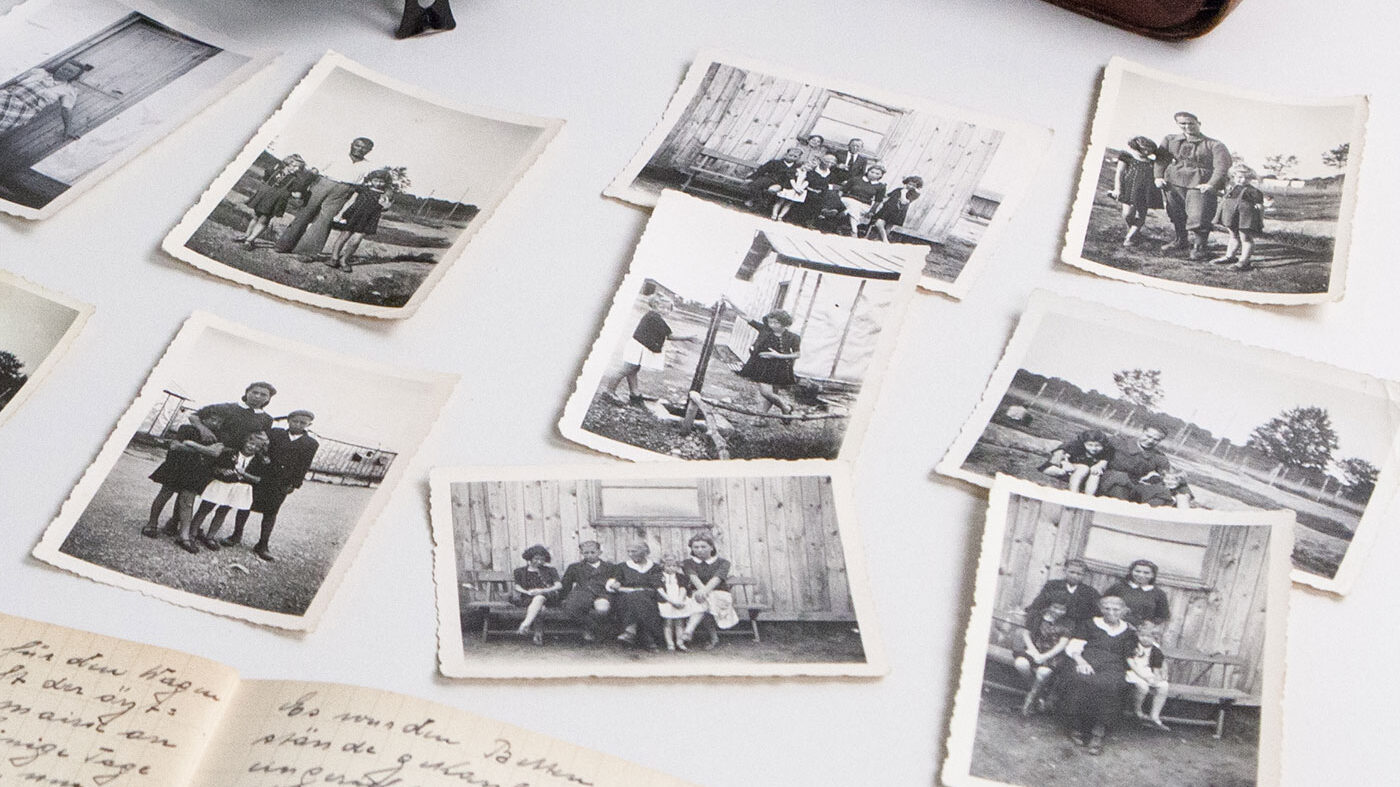
Photo Archives at USHMM
The Photo Archives is a rich and expanding collection of photographic images gathered from private donors, archives, libraries, museums, and photo agencies from around the world. The bulk of the collection spans the period from the end of World War I to the early 1950s.
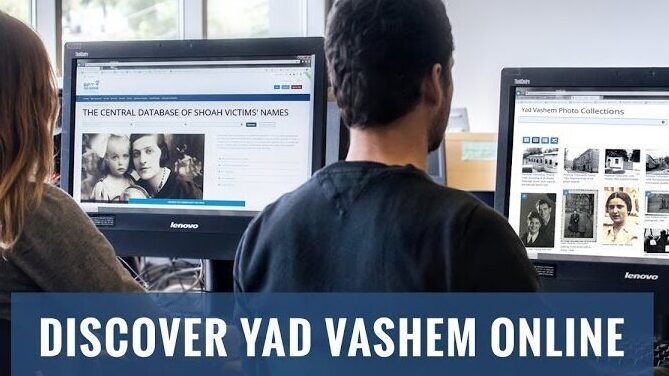
Yad Vashem Digital Collection
Cinematographie des Holocaust
The online catalogue of documents from the Yad Vashem Archives contains descriptions of 80 original collections (record groups) from the corpus of documentation.
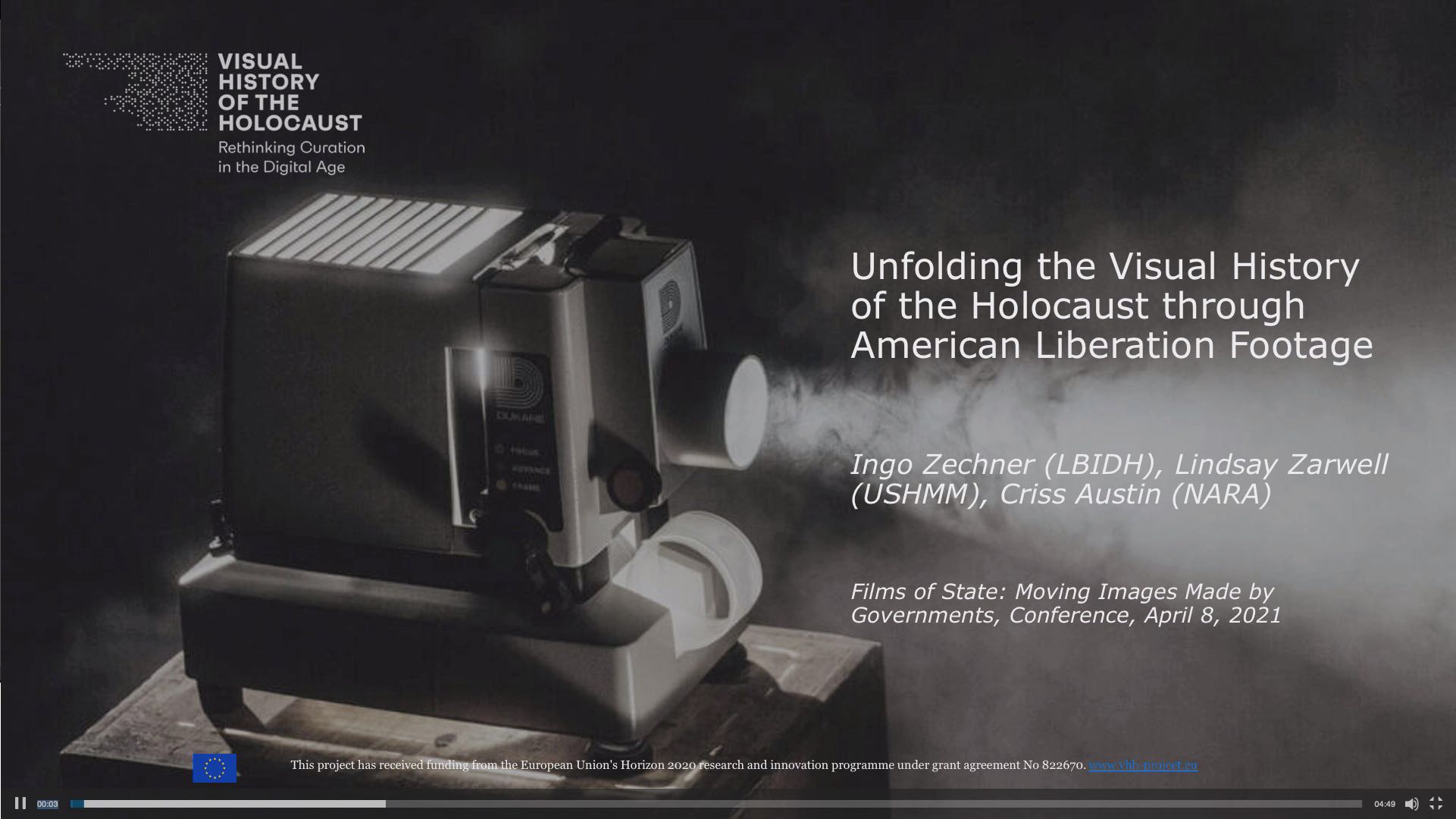
Photo Archives at USHMM
The EU Horizon 2020 project “Visual History of the Holocaust: Rethinking Curation in the Digital Age” (2019–2022) explores the potentials as well as the limitations of digital technologies in the ongoing effort to preserve, analyze and communicate historical evidence of the Holocaust, and in particular audiovisual records. It is coordinated by the Ludwig Boltzmann Institute for Digital History (Vienna), in close collaboration with the Austrian Film Museum (Vienna).
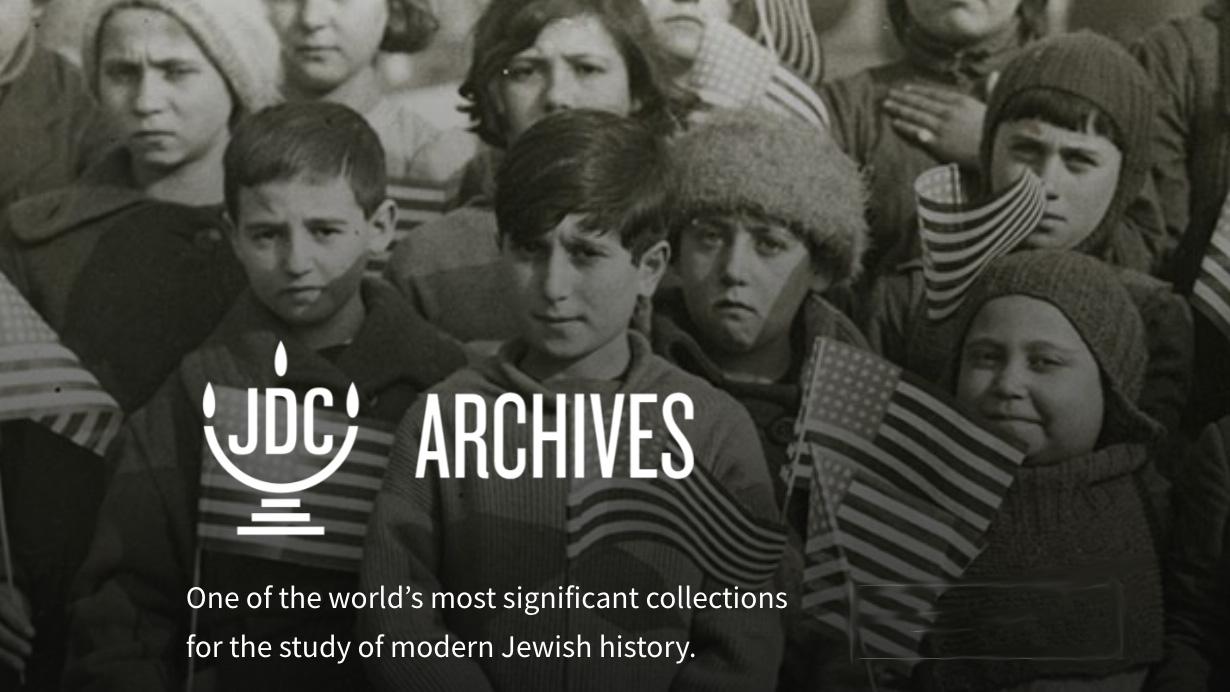
JDC Archives
“The JDC Archives Names Database includes more than 500,000 names of individuals who have received assistance from “the Joint.” This important resource for genealogists and those searching their family history is drawn from JDC client lists and index cards from JDC operations across the globe.
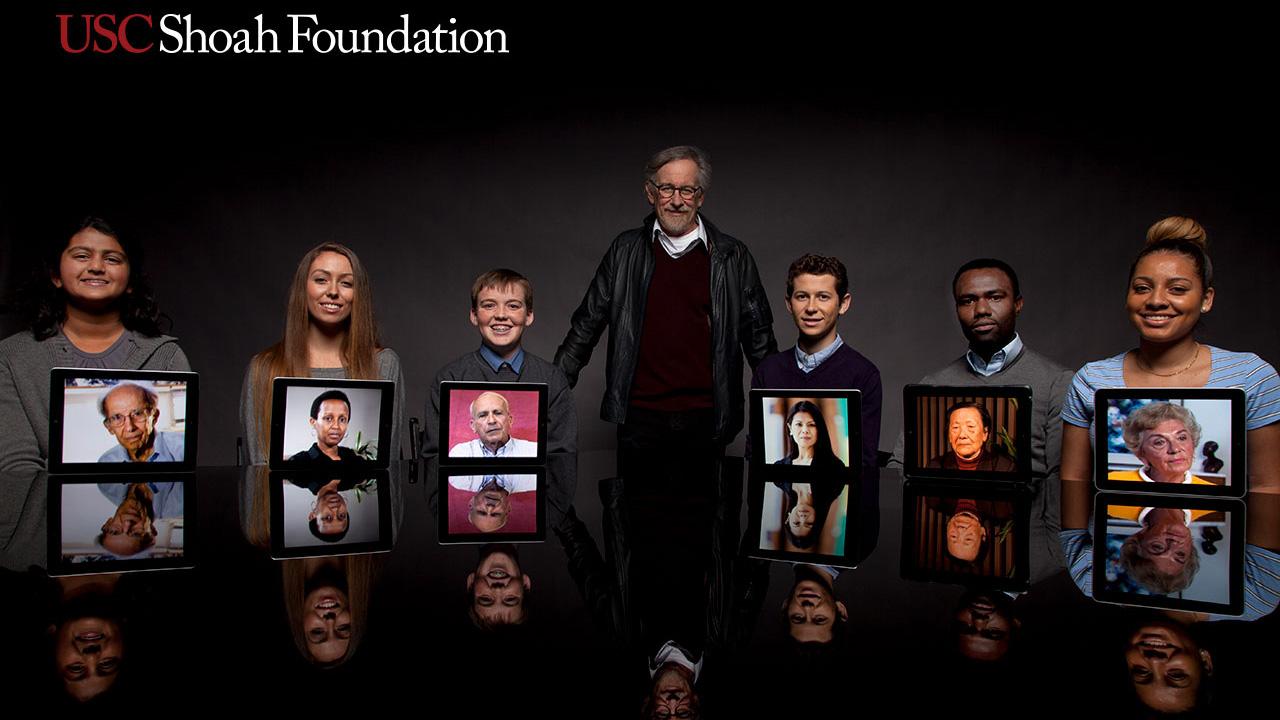
USC Shoah Foundation
The largest audiovisual collection of its kind in the world, the Holocaust Collection is composed of over 54,000 WWII era testimonies of Jewish survivors, political prisoners, Sinti and Roma survivors, Jehovah’s Witness survivors, survivors of eugenics policies, and LGBTQ survivors, as well as rescuers and aid providers, liberators, and participants in war crimes trials.
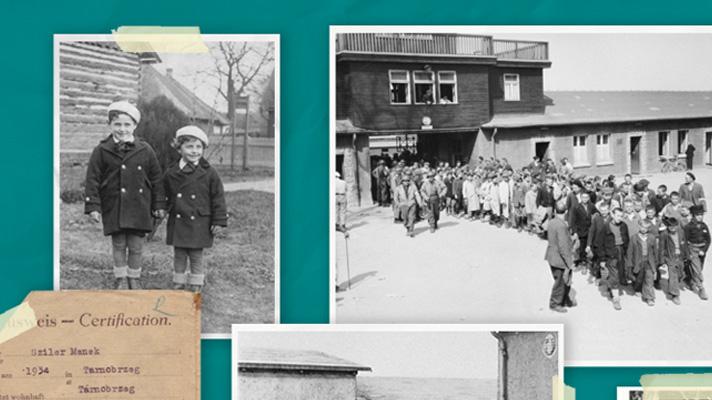
The Fortunoff Video Archive for Holocaust Testimonies
The Fortunoff Archive’s collection consists of over 4,400 testimonies of Holocaust survivors, witnesses and liberators. Learn how to search the collection.
